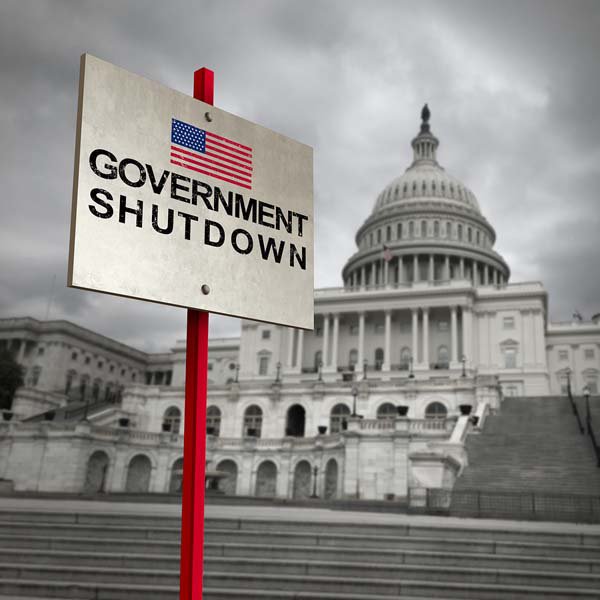Jan 23, 2019 - Statement by the National Association of Social Workers
WASHINGTON, D.C. - The National Association of Social Workers (NASW) calls on Congress and the White House to act to fully reopen the federal government immediately. Allowing the shutdown to continue is unconscionable.
We are currently at the 33-day mark for the partial shutdown of the federal government. This is the longest such shutdown in our nation’s history, and it is exacting a heavy toll on many NASW members and the often financially fragile clients they serve.
Nearly 800,000 federal employees, including social workers and allied professionals, are negatively affected by the shutdown. Almost half of these federal employees have been furloughed without pay.
Many of our nation’s most vulnerable, including children and older adults, could lose essential safety net services if the government is not restored to full operations. The Supplemental Nutrition Assistance Program (SNAP), the Housing and Urban Development (HUD) Rental Assistance program, and Temporary Assistance for Needy Families (TANF), among others, are unable to fulfill their missions.
SNAP participants have received their benefits even during the shutdown, but these are in jeopardy in future months.
Contracts for HUD’s programs for the lowest-income seniors, people living with disabilities, and families with children have not been renewed. This places nearly 70,000 program participants at risk of major rent hikes and possible evictions. Low-income Rural Housing Assistance participants were informed on January 11 that, due to the federal shutdown, they would have to pay the full (not discounted) rent by January 20 or face eviction. Normally, their rent is limited to 30 percent of their income.
TANF authorization expired in December. The federal government could not distribute $4.2 billion to states for the period January to March due to the shutdown. States are permitted to cover TANF expenses, but it is unclear how many will do so and for how long.
For more information about the impacts of the shutdown on the most vulnerable, please visit the following web pages:

